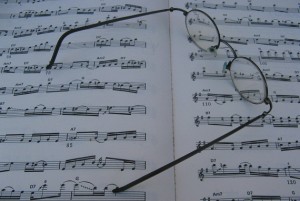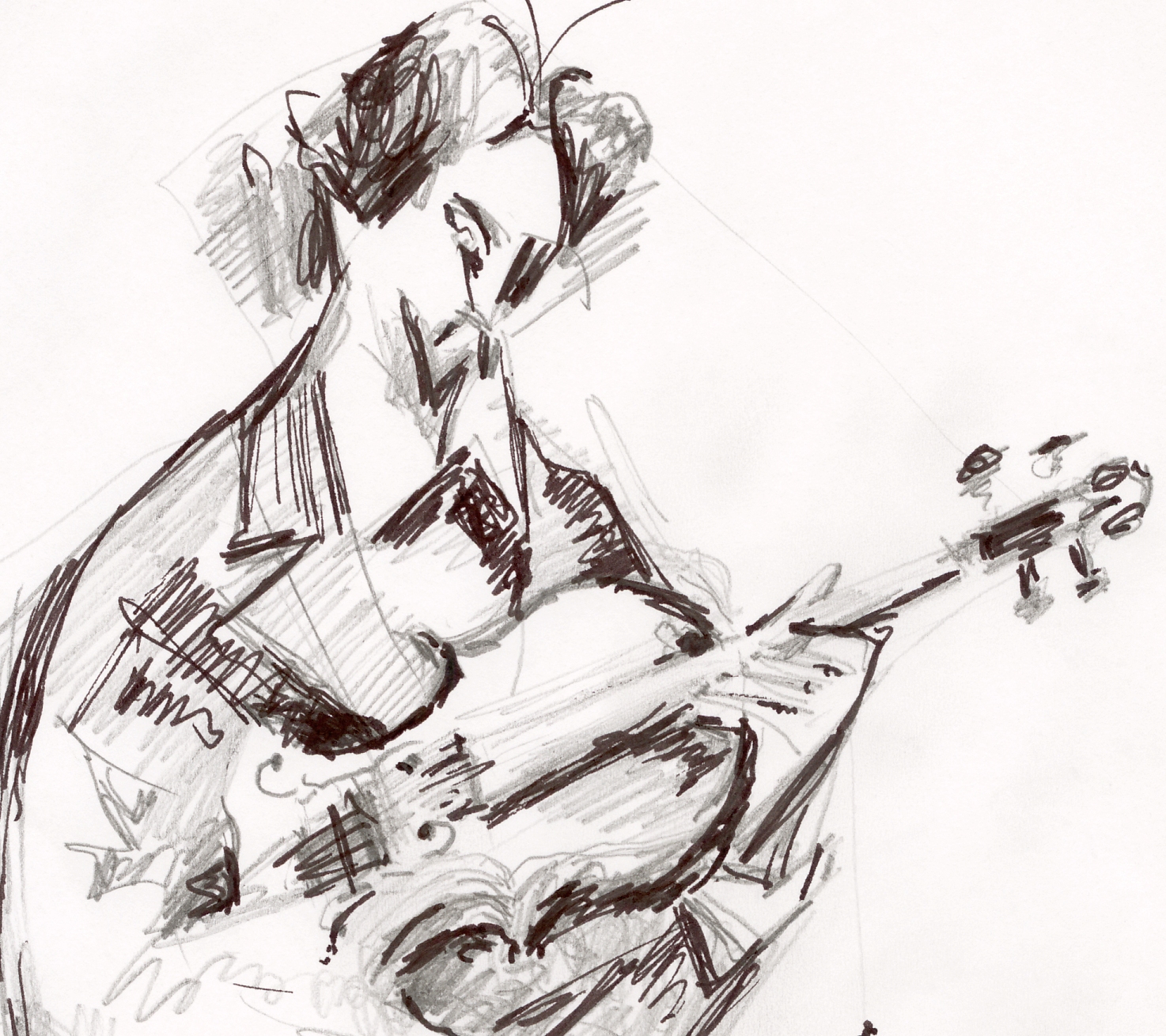 Self-learning in music is a highly ignored and underestimated concept.
Self-learning in music is a highly ignored and underestimated concept.
Formal music learning is a privilege. This is firstly because a lot of people are not capable of funding their music tuition. Secondly, people very often tend to be interested in musical styles and traditions that were developed and popularized outside their cultural boundaries. Thus, the presence of knowledgeable and specialized teachers is often highly improbable. These two facts impose great difficulties on the prospective music learner. As a consequence, a lot of people resort to self-tuition or other forms of informal learning.
All learning processes in music are really mixtures of individual effort, as well as help and influence from other people. In that sense, providing a definition of ‘formal instrument tuition’ is risky. For the Western world and the principles that govern its educational fabric, self-tuition is defined by the absence of musical institutions, systematic lessons and exams. Formal tuition however is largely culturally defined, and is strongly related to the dominant values and principles among different societies. For some cultures like the Balinese and many African musical traditions there is no philosophical or practical separation between ‘formal’ and ‘informal’ modes of learning. The learning process may take place within a particular social context in which everyone is responsible for his own musical development always in strong interaction with the social environment.There is no analogy between academic interest and research, and the number of people that become interested and involved in music through self-tuition. The biggest part of the academic world is concerned with institutional education matters while vast numbers of people perform, learn and create music outside the world of institutions. Peter Cope in his article ‘Informal learning of musical instruments: The importance of social context’ in Music Education Research, (2002) puts it rather ironically: ‘(…) one could be forgiven for missing this aspect if one relied entirely on the research literature’.
Self-taught musicians exist in the practice of all musical styles. Although the way people get involved in music depends on cultural and musical contexts, every music tradition has benefited from the presence and creativity of self-taught musicians. The desire to be involved in music knows no musical boundaries.
Many philosophers and important philosophers of education like Dewey, Neill, Godwin and Freire have stressed the importance of self-education and the importance of recognizing that ‘Man is a creature that loves to act from himself’ and people internalize knowledge through excitement and pleasure. These writers have often been suspicious of the role of teachers and instructors, without however always underestimating it. They have unfolded the dangers of extensive moral, psychological, practical and systematic guidance. These views do not neglect the significance of the social factor, but also recognize that human nature is too complex to be guided by the narrowness of educational and guidance methods invented by others.
Even more so today, with all this kind of information readily available on the internet, with people sharing their ideas, knowledge and experience on websites and youtube, and with vast amounts of information being uploaded and downloaded all the time, we can definitely say that the future historian will be very strict with people who are privileged to have access to all that information. There are no excuses anymore. All we have to do is grab that knowledge marching in front of us.
